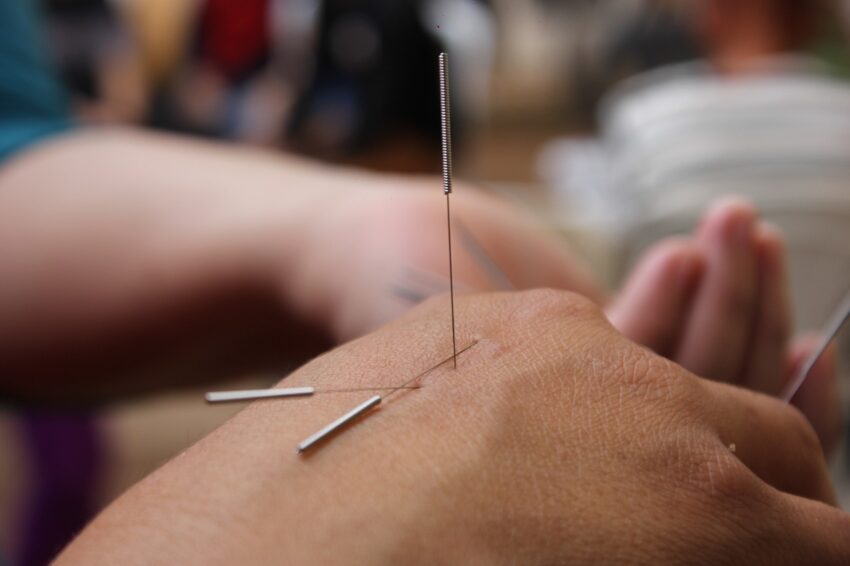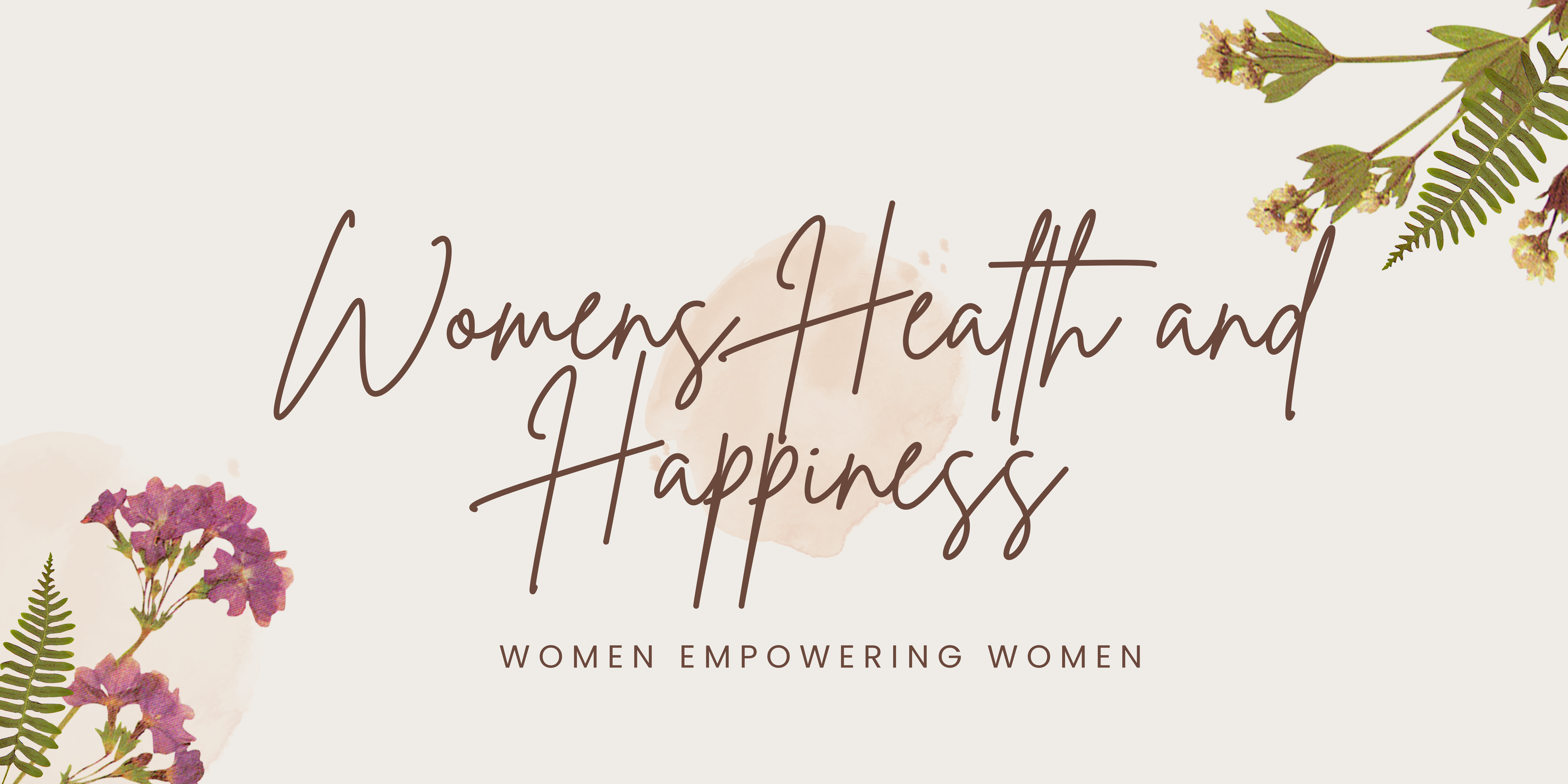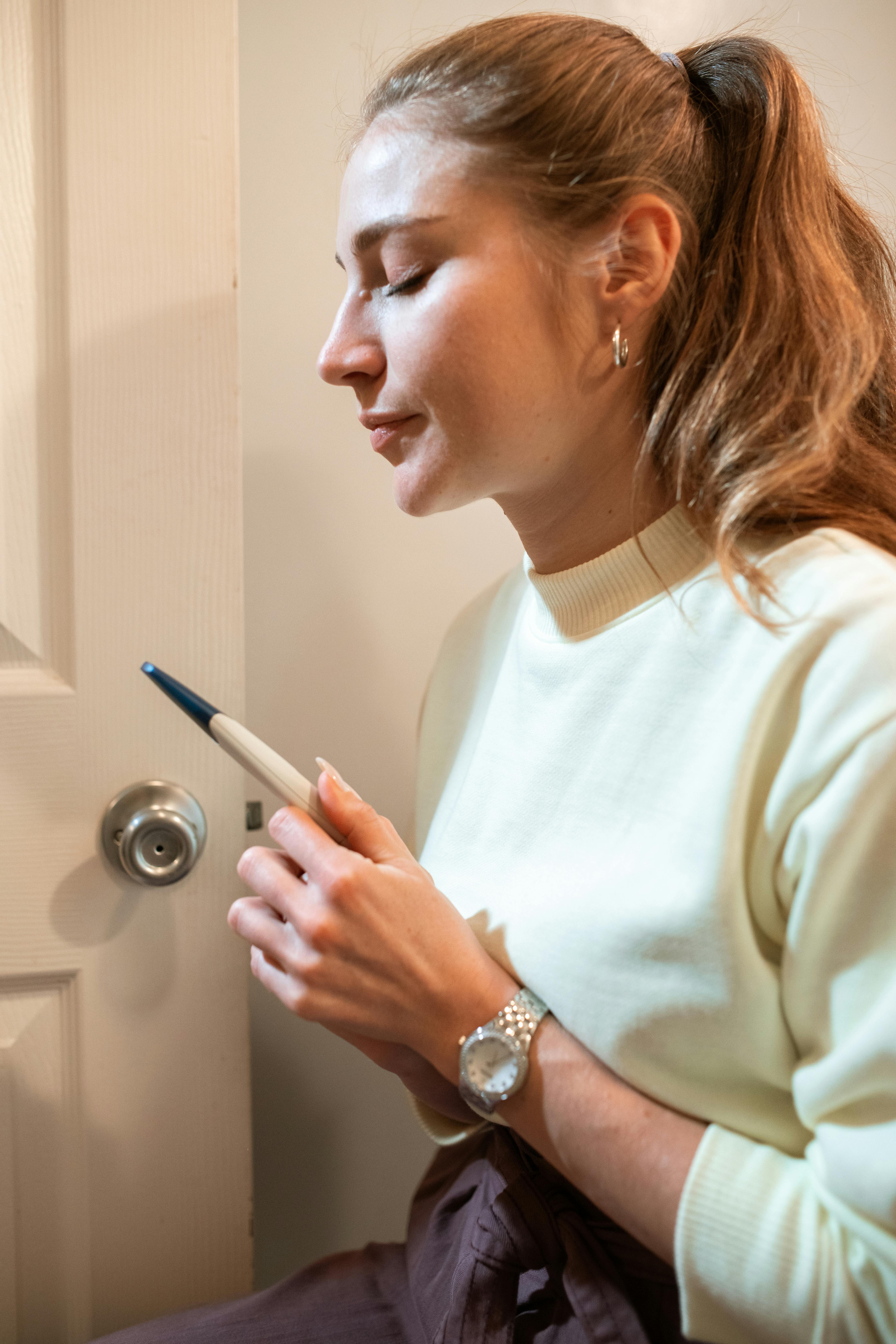Alternative and Holistic Approaches to Fertility

This post may contain affiliate links which means I may receive a commission for purchases made through links. I will only recommend products that I have personally used! Learn more on my Private Policy page.
Infertility can be a challenging and emotionally taxing journey for many individuals and couples. I know because I’ve been there. If you are struggling trying to conceive, you are not alone! While conventional medical treatments are widely available, an increasing number of people are turning to alternative and holistic approaches to address infertility. These methods, which encompass herbal remedies, acupuncture, pelvic floor physical therapy, and various other remedies, offer a different perspective on fertility enhancement. In this blog post, we will delve into these alternative approaches and I’ll share some of my personal experiences of my own infertility journey. You can also read more about our entire infertility journey here.
My husband and I had been trying to conceive for over a year, to no avail. The doctor I was seeing did all the appropriate lab work and said everything looked normal, and to continue trying naturally before being referred to a reproductive specialist. Naturally, I looked into other treatments that could increase my chances of fertility.
Pelvic Floor Physical Therapy
This was the first step in my holistic approach to fertility. I had heard about the effect of poor pelvic floor health on fertility and thought I would give it a try. Many women tend to hold a lot of stress and tightness in the muscles of the pelvic floor, which can lead to decreased blood flow and infertility.
Pelvic floor physical therapy is a specialized form of physical therapy that focuses on the muscles, ligaments, and connective tissues in the pelvic region. For individuals struggling with infertility, pelvic floor physical therapy may offer the following benefits:
- Optimizing Pelvic Alignment:
- Proper pelvic alignment is essential for optimal reproductive function. Pelvic floor physical therapy can address misalignments, potentially improving the chances of conception.
- Reducing Pelvic Pain and Tension:
- Chronic pelvic pain or tension can negatively impact fertility. Physical therapy techniques, including stretches and exercises, may help alleviate discomfort and promote a healthier pelvic environment.
- Enhancing Blood Flow:
- Improved blood circulation to the pelvic organs can positively influence reproductive health. Pelvic floor physical therapy aims to enhance blood flow, potentially supporting fertility.
Unfortunately, after several months of pelvic flood PT there was not any change in my pregnancy status, so I decided to pursue other alternative methods.
Acupuncture for Fertility
There are several studies and success stories of acupuncture with infertility, so naturally this was the next step in my holistic approach to infertility. Initially, I thought it would be very painful and scary, but I actually found it to be very calming and I looked forward to my visit each week. My acupuncturist was very talented and knowledgeable, and actually suggested I might have the diagnosis of endometriosis long before any doctor suggested this diagnosis.
Acupuncture, an ancient Chinese practice, involves the insertion of thin needles into specific points on the body to stimulate energy flow. When it comes to infertility, acupuncture is thought to:
- Improve Blood Flow to the Reproductive Organs:
- By enhancing blood circulation to the uterus and ovaries, acupuncture may promote a healthier environment for egg development and implantation.
- Regulate Hormones:
- Acupuncture is believed to influence the endocrine system, helping to regulate hormone levels such as FSH (follicle-stimulating hormone) and LH (luteinizing hormone).
- Reduce Stress:
- Stress can significantly impact fertility. Acupuncture is known to induce relaxation, alleviate stress, and promote an overall sense of well-being, potentially enhancing fertility.
Although acupuncture did not ultimately result in the desired outcome- pregnancy- it was incredibly beneficial to my stress levels, and overall well-being. I would definitely recommend this practice to anyone trying to conceive.
Herbal Remedies for Fertility
I’ll be honest, I don’t have as much experience in this area as in other areas. I started seeing an acupuncturist who recommended several tinctures to me, which all tasted terrible I might add, but I’m ashamed to admit I have no idea what was in these tinctures! Here are some different herbal supplements that I have researched, with their various benefits:
- Chaste Tree Berry (Vitex agnus-castus):
- This herb is known for its ability to regulate hormonal imbalances by influencing the pituitary gland. It may help normalize menstrual cycles and promote ovulation in women with irregular periods.
- Red Clover (Trifolium pratense):
- Rich in phytoestrogens, red clover is believed to have positive effects on fertility by supporting a healthy hormonal balance. It is often used to improve the thickness of the uterine lining, which is crucial for implantation.
- Maca Root (Lepidium meyenii):
- Hailing from the Andes mountains, maca root is praised for its adaptogenic properties. It is believed to support hormonal balance and improve overall reproductive health in both men and women.
- Black Cohosh (Actaea racemosa):
- This herb is commonly used to address hormonal imbalances in women, particularly during menopause. Some believe that it may also have a positive impact on fertility by regulating estrogen levels.
Other Holistic Approaches
- Nutritional Support:
- A balanced and nutrient-rich diet is crucial for reproductive health. Certain vitamins and minerals, such as folic acid, zinc, and vitamin D, play essential roles in fertility. Consulting with a nutritionist or healthcare provider can help create a personalized plan. Here is a link to all of my favorite prenatal vitamins- don’t be afraid to start taking these BEFORE becoming pregnant.
- Mind-Body Techniques:
- Stress reduction techniques, such as yoga, meditation, and mindfulness, can positively impact fertility by lowering stress hormones and creating a more supportive internal environment for conception. Here is an additional post on ways to lower stress when trying to conceive.
- Traditional Chinese Medicine (TCM):
- TCM, including herbal medicine, acupuncture, and dietary recommendations, is often utilized to balance the body’s energy (Qi) and address imbalances that may contribute to infertility.
Considerations and Precautions
While alternative and holistic approaches to infertility show promise, it’s essential to approach them with a realistic mindset. I will be honest- I tried many of these recommendations, and none of them ended up in pregnancy. It was only when I started seeing a fertility specialist, and in the end, decided to pursue IVF which led to our miracle baby. However, everyone’s story is unique, and one of these approaches may lead to your miracle. Here are some considerations:
- Consultation with Healthcare Professionals:
- Before embarking on any alternative treatments, it’s crucial to consult with healthcare professionals, including reproductive endocrinologists and fertility specialists, to ensure a comprehensive and well-informed approach.
- Individual Variability:
- Every individual’s body responds differently to treatments. What works for one person may not work for another. It’s important to be patient and open to adjusting approaches based on individual needs. Don’t get discouraged if one of these treatments isn’t working for you. Try to find the lesson to be learned from any failed attempt- you may still see benefits from one of these approaches, such as a decrease in stress or less pelvic floor tightness.
- Integration with Conventional Treatments:
- Alternative methods can complement conventional fertility treatments. Integrating them into a comprehensive fertility plan, with the guidance of healthcare professionals, may offer a more holistic approach. This was my mentality in approaching infertility. Although none of these holistic methods alone helped me achieve pregnancy, I still did my pelvic floor exercises and practiced mindfulness to augment my odds of IVF working. Integrate these methods, and use every tool you have!
Conclusion
Embarking on the journey of addressing infertility can be a complex and personal experience. Alternative and holistic approaches, including herbal remedies, acupuncture, pelvic floor physical therapy, and other remedies, may provide you with additional options to explore. By combining these approaches with conventional medical treatments and maintaining open communication with healthcare professionals, you can approach fertility from a comprehensive and holistic perspective. Ultimately, the goal is to create an environment that supports overall well-being and enhances the chances of achieving a healthy and successful pregnancy. I know it might be tough right now, but I know your miracle baby is waiting for you on the horizon. Remember, you’ve got this mama!




Beauty Fashion
I really got into this article. I found it to be interesting and loaded with unique points of interest. I like to read material that makes me think. Thank you for writing this great content.
Overcoming the Stigma of Infertility - Women's Health and Happiness
[…] Alternative and Holistic Approach to Infertility […]